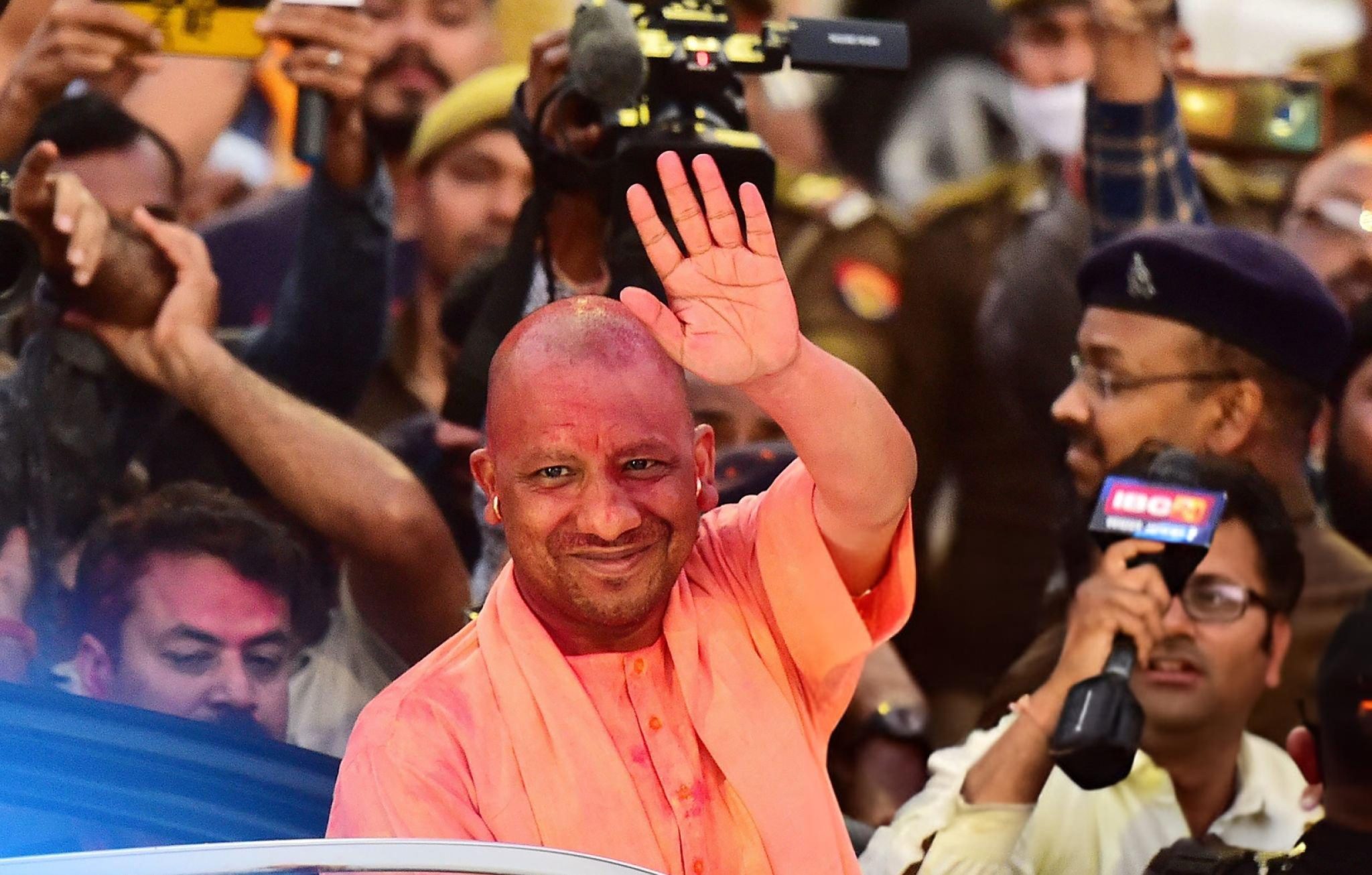Lucknow, 22 November 2024: Uttar Pradesh Chief Minister Yogi Adityanath on Thursday declared the Hindi film The Sabarmati Report tax-free in the state. The film, which depicts the 2002 Godhra train burning incident in Gujarat, has already been granted tax-free status in five other BJP-ruled states: Haryana, Rajasthan, Chhattisgarh, Madhya Pradesh, and Gujarat.
A special screening for leaders
Chief Minister Adityanath, along with several members of his cabinet, attended a special screening of The Sabarmati Report in Lucknow. Lead actors Vikrant Massey and Raashii Khanna, along with other members of the film’s production team, were present at the event.
After the screening, Adityanath announced the state’s decision to exempt the film from entertainment tax, enabling wider viewership in Uttar Pradesh. Speaking to reporters, he lauded the film for its bold narrative and its efforts to shed light on the events surrounding the Godhra train tragedy.
“I congratulate the entire team of The Sabarmati Report, who have courageously brought forth the truth for the people of our country,” said Adityanath. “Every Indian should watch this film to understand the truth of Godhra and the events that unfolded.”
A call to expose the truth
The Chief Minister emphasised the importance of revealing historical truths, especially those that have shaped public discourse. He noted that the film aims to uncover the motives and actions of those allegedly involved in creating divisions within Indian society for political purposes.
“The people of the country have a right to know about the acts committed to foster animosity in society with the intent of destabilising the nation politically. This film plays a crucial role in identifying and exposing the conspirators who act against the country for personal and political gains,” he remarked.
Adityanath further praised the filmmakers for their dedication to uncovering the truth, stating that The Sabarmati Report has made a significant attempt to present the real story behind the Godhra train burning incident and its aftermath.
The story behind The Sabarmati report
The Sabarmati Report, produced by renowned filmmaker Ektaa Kapoor, was released on 15 November 2024. The film portrays the events of 27 February 2002, when a train carrying karsevaks was set ablaze in Godhra, resulting in the deaths of 90 devotees. The incident triggered widespread communal riots across Gujarat, marking one of the most significant events in India’s recent history.
With its poignant storytelling, the film has drawn attention from across the nation. Prime Minister Narendra Modi and Home Minister Amit Shah have publicly praised the film, adding to its profile and relevance.
Significance of the tax-Free status
Declaring the film tax-free allows audiences in Uttar Pradesh to watch the film at reduced ticket prices, thereby increasing accessibility. This move follows a trend among BJP-ruled states, where the film has been similarly incentivised to promote its message.
The tax-free status aims to encourage people to engage with the narrative and reflect on the historical and social implications of the events portrayed in the film.
Public and political reception
The film’s depiction of a sensitive chapter in India’s history has sparked widespread discussion. While some have praised its focus on historical accuracy and societal impact, others have raised concerns about the potential for reigniting communal tensions.
For Chief Minister Yogi Adityanath, however, the film represents an opportunity for citizens to confront and understand the past. “This is not just a film but a mission to bring the real truth to light. It is a step towards fostering unity by revealing the forces working to divide us,” he stated.
Upcoming prospects
As The Sabarmati Report continues to generate national attention, its tax-free status in Uttar Pradesh is expected to boost its viewership significantly. With endorsements from political leaders and strong public interest, the film is likely to leave a lasting impression on audiences across the nation.
Through this move, Uttar Pradesh joins other states in promoting cinematic works that seek to delve into India’s complex socio-political fabric, highlighting the enduring relevance of historical narratives in shaping contemporary discourse.







